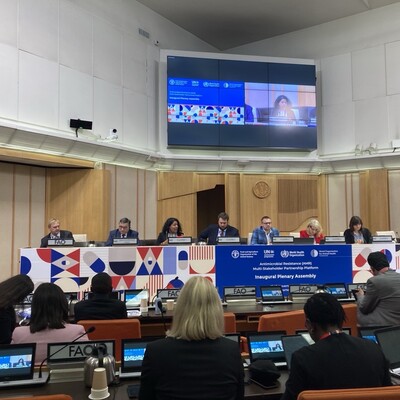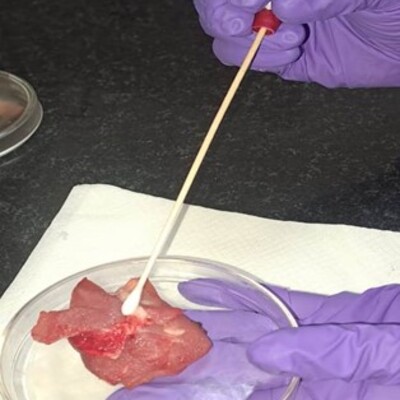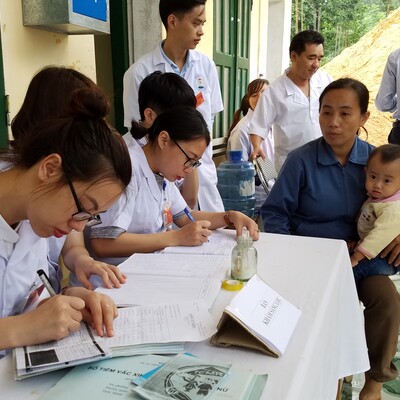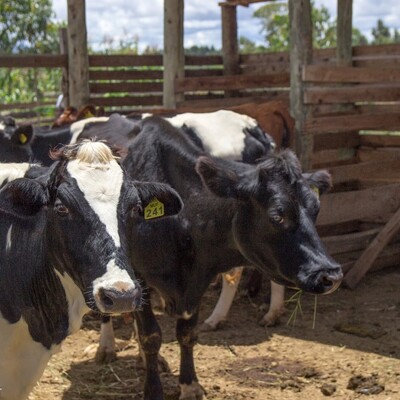
New project launched to tackle mastitis in smallholder dairy farms in Kenya
A new three-year project, MaziwaPlus, has been launched to reduce mastitis cases in dairy cattle and curb antibiotic use in smallholder dairy farms in Nyeri County, Kenya. Funded by International Centre for Antimicrobial Resistance Solutions, the project is led by the International Livestock Research Institute (ILRI), in collaboration with the Kenya Directorate of Veterinary Services, the Kenya Women Veterinary Association, Strathmore University and the University of Nairobi.
Mastitis, an inflammation of the udder, remains one of the most prevalent and economically damaging diseases affecting dairy production in Kenya. Among smallholder farmers—who contribute most of the country’s milk supply—mastitis poses a persistent challenge to animal health, milk quality, and farm profitability, and increases the risk of antibiotic resistance due to the overuse of antibiotics.
The condition is caused by bacterial pathogens or, occasionally, physical injury. It manifests with clinical symptoms including swelling, heat, pain, or altered milk composition, while subclinical cases lack overt signs and so often go undetected until a milk yield or quality significantly declines.
The project will start by investigating the social, economic and behavioural factors that prevent effective mastitis control and influence how antibiotics are used by farmers and animal health workers. The project will also estimate the true cost of mastitis to individual farmers and dairy co-operatives, helping drive informed decisions, prioritize control measures and motivate behaviour change for better herd health.
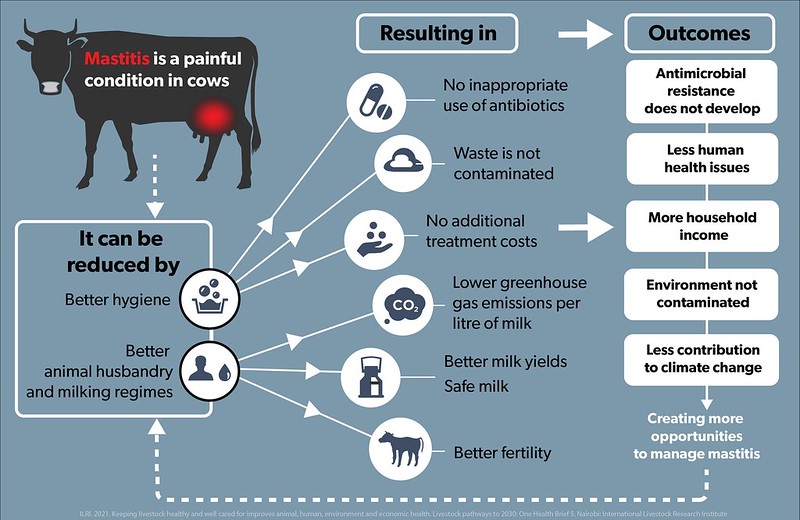
Allan Azegele, director of Veterinary Services, shared, ‘This project directly supports the government’s efforts to increase farmer incomes, ensure food security and protect public health. It’s a great example of what we can achieve through strong partnerships between researchers, government, farmers and the private sector.’
This critical information will inform the development and implementation of intervention modules that are context-specific, practical and co-designed with farmers, co-operatives and animal health service providers. The interventions will be implemented in close collaboration with dairy farmers, cooperatives, veterinary professionals and the County Government of Nyeri.
Dishon Muloi, a scientist at ILRI, added, ‘The science behind this project is strategically important and it’s a win-win for everyone involved in the dairy value chain: more milk, more money.’
The expected outcome is a measurable reduction in mastitis incidence and antibiotic use, improving animal welfare, boosting profitability for farmers and cooperatives, promoting sustainability and enhancing food safety.
You may also like
Related Publications

Patterns and factors influencing antibiotic use among poultry farmers in Thai Nguyen province, Vietnam
- Kemunto, Naomi P.
- Sinh Dang-Xuan
- Yen Luu-Thi-Hai
- Huyen Nguyen-Xuan
- Ibayi, Eugine L.
- Nielsen, S.S.
- Hung Nguyen-Viet
- Moodley, Arshnee
- Muloi, Dishon M.

Analysis of antibiotic use, biosecurity and mortality in semi-intensive broiler farms in Kenya
- Kemunto, Naomi P.
- Muloi, Dishon M.
- Ibayi, Eugine L.
- Njaramba, Jane K.
- Hoffmann, Vivian
- Murphy, Mike
- Nielsen, S.S.
- Moodley, Arshnee

Prevalence and antimicrobial-resistant Campylobacter jejuni and Campylobacter coli in free-range chickens in northwest Ethiopia
- Worku, M.
- Tessema, B.
- Ferede, G.
- Ochieng, Linnet
- Leliso, S.A.
- Mutua, Florence
- Moodley, Arshnee
- Gelaw, B.
- Grace, Delia
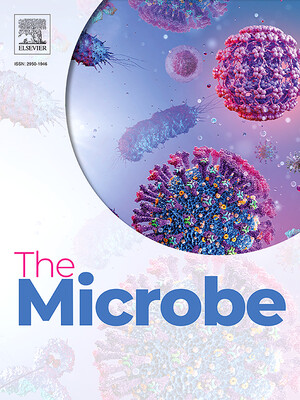
Prevalence and antimicrobial resistance in enterococci isolated from semi-intensive and free-range poultry farms in peri-urban Wakiso and rural Soroti, Uganda
- Ochieng, Linnet
- Ayebare, Dreck
- Ndoboli, Dickson
- Mbatidde, Irene
- Tenhagen, B.-A.
- Roesel, Kristina
- Wampande, E.
- Moodley, Arshnee
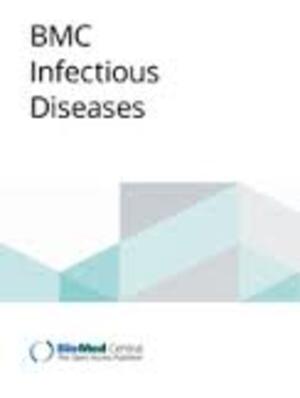
Isolation and characterization of bacteriophages with lytic activity against multidrug-resistant non-typhoidal Salmonella from Nairobi City county, Kenya
- Mugo, M.
- Musyoki, A.
- Makumi, Angela
- Mutai, I.
- Kering, K.
- Muturi, P.
- Kebenei, C.
- Weber, K.
- Pietsch, M.
- Pilz, T.
- Drechsel, O.
- Hoffmann, T.
- Wieler, L.
- Mbae, C.
- Flieger, A.
- Kariuki, S.





